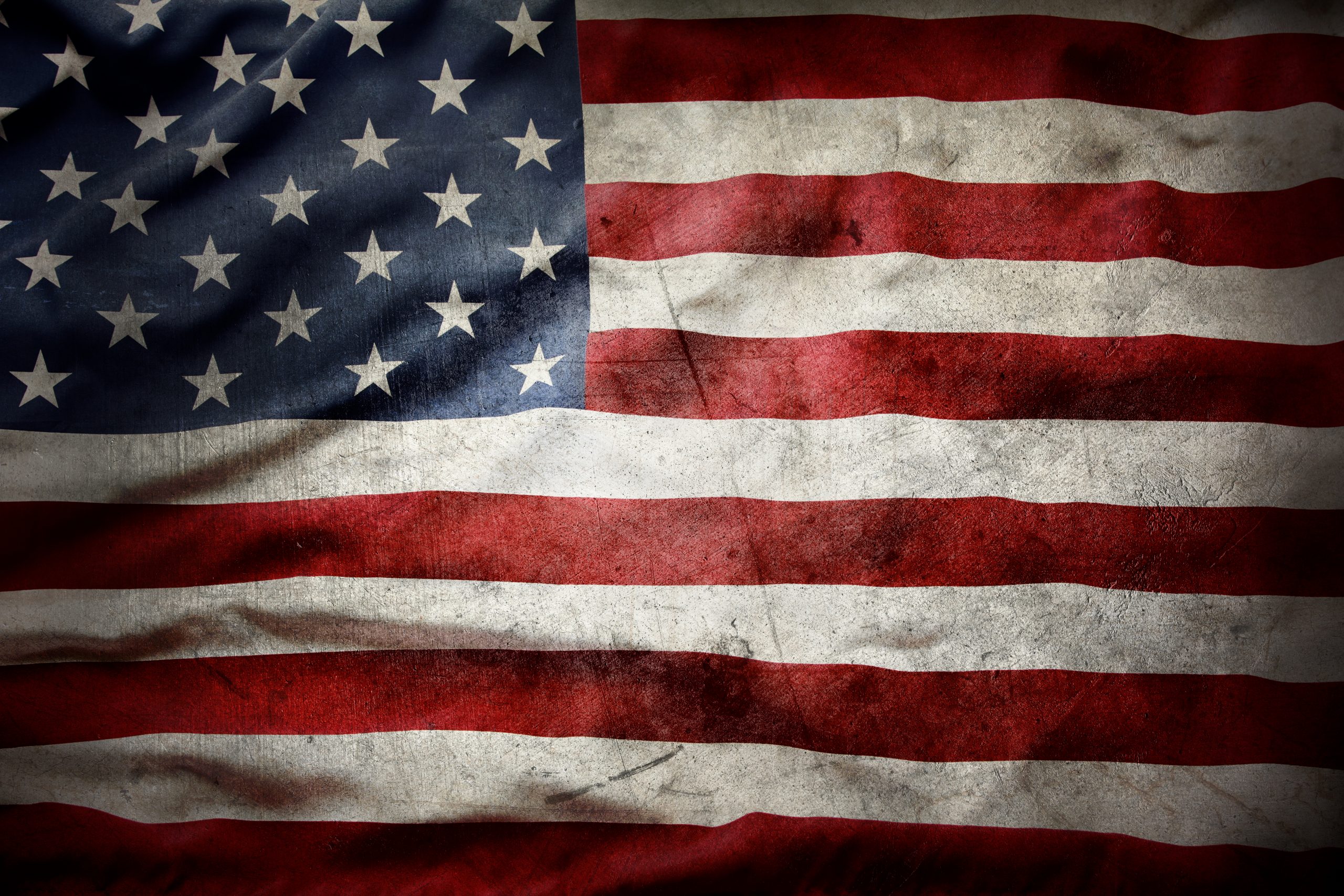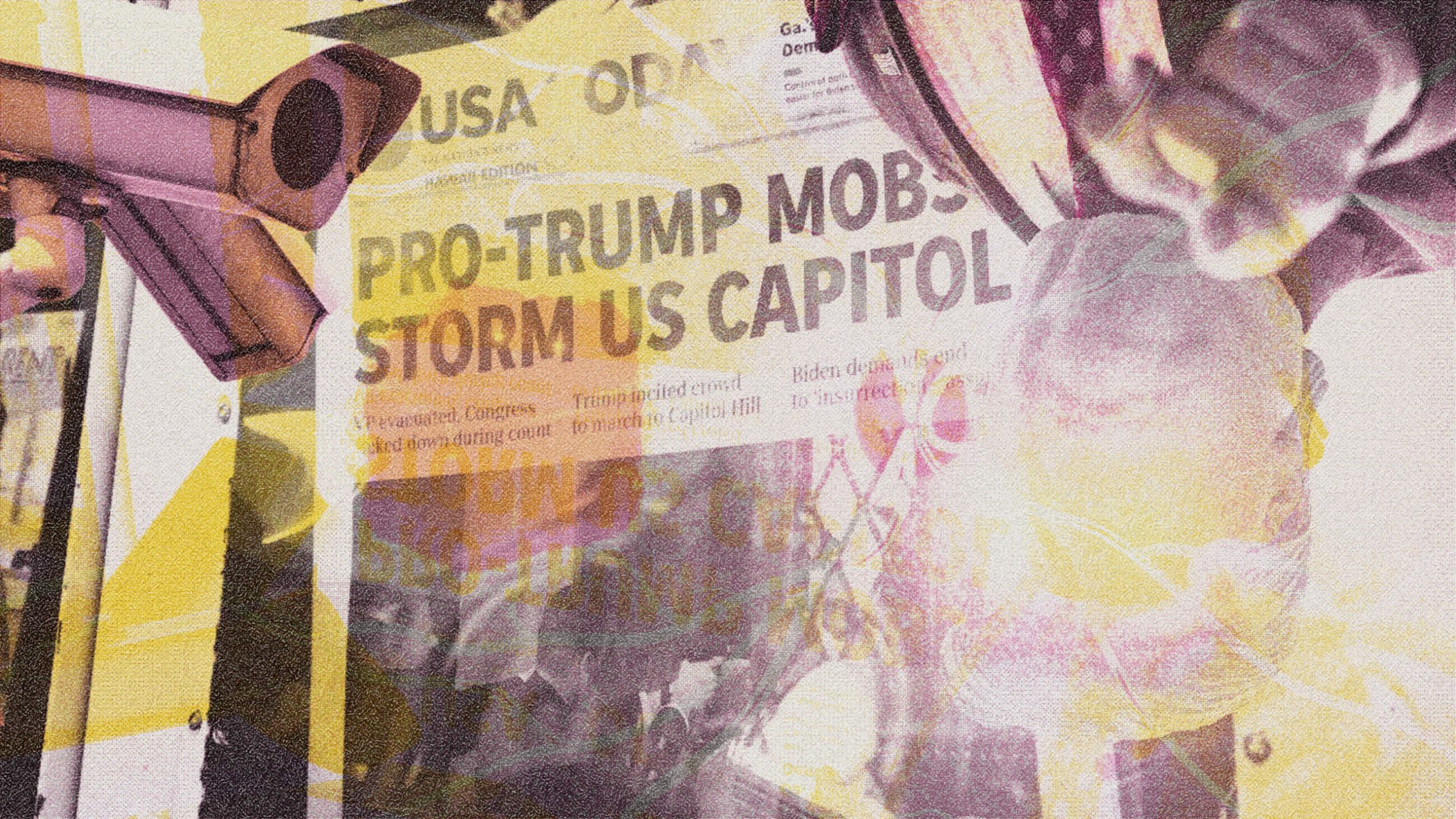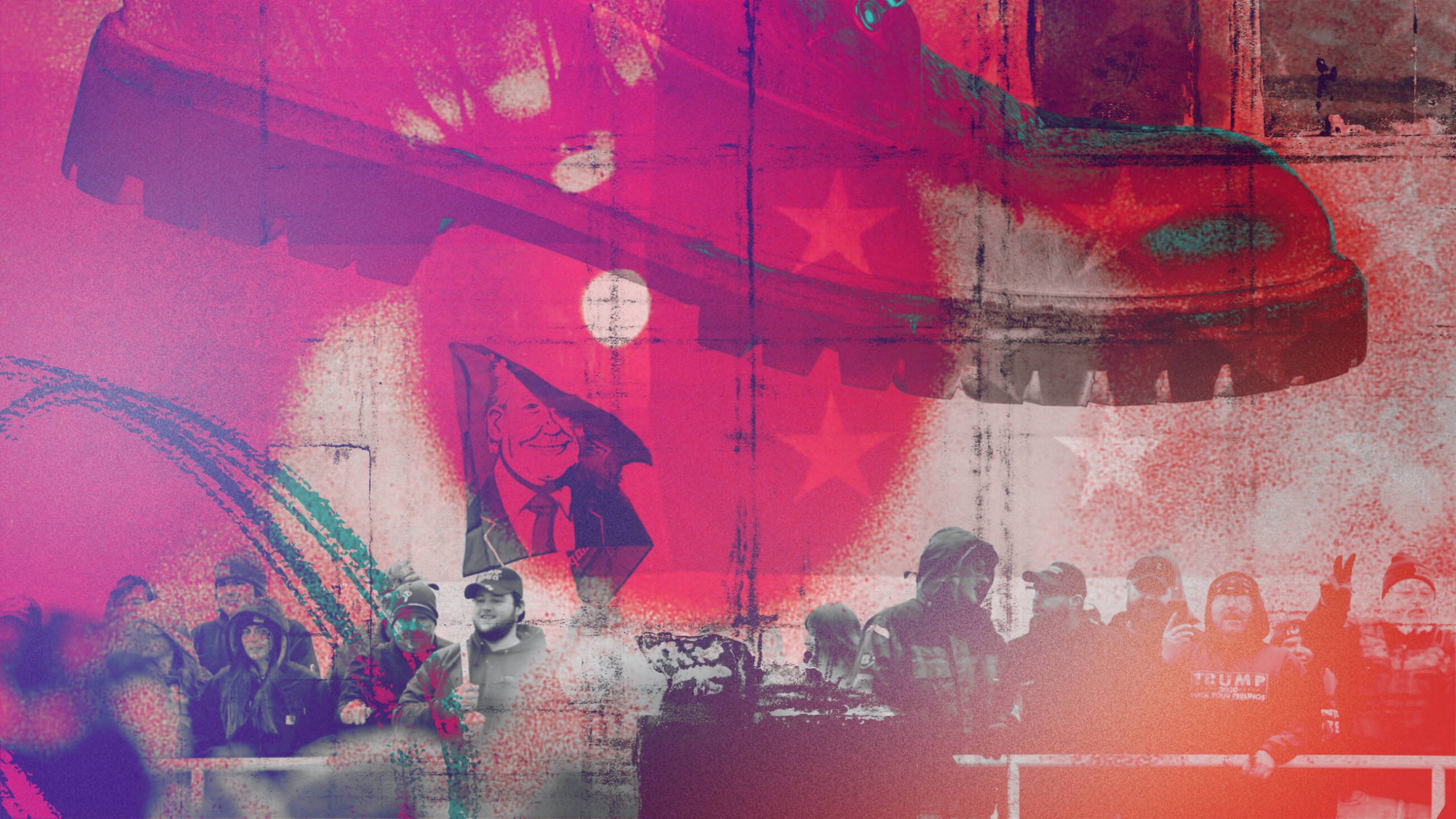The Biden Administration’s domestic terrorism strategy threatens to criminalize conservative speech and thought.
“Extremist” is Not an Insult

There is no shame in total devotion to liberty.
This essay is adapted from The Soul of Politics: Harry V. Jaffa and the Fight for America, by Glenn Ellmers (Encounter Books, 2021).
“Virtue is an excellence: compared with the average, it is an extreme.”
– Leo Strauss
In June, Joe Biden’s National Security Council released its National Strategy for Countering Domestic Terrorism. The document absurdly but alarmingly claims that, out of all the fanatics who hate America and wish it harm, “the most persistent and lethal threats” are posed by domestic “racially or ethnically motivated violent extremists (principally those who promote the superiority of the white race).” Other commentators have shown that this narrative about white-supremacist “extremists” is little more than crude propaganda—an attempt to hijack our entire national security and federal law enforcement apparatus as a partisan weapon of the Democratic Party.
That is certainly a dangerous development. But I want to take a different approach and put this discussion of extremists into some historical and philosophical perspective.
In 1964, when the prolific scholar and author Harry Jaffa wrote Barry Goldwater’s acceptance speech at the Republican presidential convention, he included a now-famous line: “Extremism in the defense of liberty is no vice; moderation in the pursuit of justice is no virtue.” Though the crowd in San Francisco’s “Cow Palace” went wild with enthusiastic approval, the sentiment was condemned by all the official organs of establishment opinion. That didn’t bother Goldwater—or Jaffa. After all, it’s the job of political philosophers (and occasionally statesmen) to challenge the complacency of established dogmas. More surprising, however, was the reaction from some professors and academically trained philosophers, who claimed that the lines misrepresented or misunderstood Aristotle’s teaching on ethics.
An essay posted at the Niskanen Center (a tepid font of conventional opinion if there ever was one) made this argument a few years ago:
The chief difficulty with “extremism in defense of liberty is no vice” is that it pretty straightforwardly violates history’s most popular and plausible theory of virtues and vices. According to Aristotle, virtue is a mean between excess and deficiency. I happen to think Aristotle is basically right. It follows, almost by definition, that extremism is going to err on the side of excess, except in extraordinary circumstances that legitimately call for extreme measures. That’s the simple philosophical objection: virtue is a form of well-calibrated moderation in temperament. The porridge of virtue is always just right. Vice is too hot or too cold, a disposition to extremes.
The author of that essay, Will Wilkinson, got into trouble earlier this year when he made a mess of his own porridge, joking that Joe Biden could unite the country by lynching Mike Pence. As an interpretation of Aristotle, his analysis fails (one could say) to find the mark. Or as a former reality TV star turned president might put it, somewhat more bluntly: “Wrong!” Virtue, according to Aristotle, is definitely not a bowl of lukewarm oatmeal. In fact, the brash, the unsettling, and even the irksome—what may to all appearances seem to be inappropriate excess—can be exactly what justice and prudence require. Aristotle, by the way, knew how to speak to spirited young people and would never have made moral virtue sound so…boring. (That’s one reason he begins with an examination of courage.)
Over the years, various claims have been circulated about where Jaffa “found” those famous lines from Goldwater’s speech (in Cicero, for example, according to one common but erroneous report). In fact, Jaffa had a more contemporary inspiration in mind. “Martin Luther King,” Jaffa later explained, “in one of his greatest productions, his letter from Birmingham Jail, had a long section on extremism.” King had cited Moses, Jesus, Thomas Aquinas, Jefferson, and Lincoln. Each of them, Jaffa recalled, had been described by King as “a different kind of extremist. And he said the important thing is not whether we should be extremist, but what kind of extremist we should be.”
As a student of political philosophy, Jaffa knew that this was exactly what Aristotle taught in his great treatise on moral excellence, the Nicomachean Ethics. Aristotle argues that the mean between the vices is a peak of superlative character, not something low or middling or bland. Justice in particular only has one corresponding vice, which is injustice—a deficiency. There is technically in Aristotle no such thing as too much justice. Jaffa, following Aristotle (NE 1129a), compares it to health: when it is fulfilled or complete, one can go no further. In a book he had written a decade earlier, Jaffa explained that for Aristotle, “there can be no excess of virtue because virtue is an extreme.”
The Right Extreme
Contrary to the porridge-peddlers, this understanding of Aristotle is confirmed by no less an authority than Jaffa’s teacher, Leo Strauss—the 20th century’s greatest scholar of classical political philosophy. In one seminar during his 1965 course, “Introduction to Political Philosophy,” Strauss observed:
This [idea]—that the mean, the middle, is higher than the extreme—is characteristic of the Ethics…. [Aristotle] says, without contradicting himself (and this had an effect of sorts in the last election), that the mean of any virtue compared to the two opposing vices is in a sense also an extreme—especially because it stands out. Virtue is an excellence: compared with the average, it is an extreme. This landed somehow in the acceptance speech of Senator Goldwater and gave people who didn’t know Aristotle an occasion to be surprised.
“People who didn’t know Aristotle” were surprised indeed—and continue to be, especially at mainstream D.C. think tanks. (Incidentally, we know from letters they exchanged that Strauss was aware his student Jaffa had written the Goldwater speech. Presumably, he did not think it seemly to mention this in class.)
Back to the Biden administration’s wretched report. Its central premise is that far Right domestic extremists are America’s greatest terrorist threat. As bad as that document is, some of the less publicized background material used by the national security community to identify “extremists” is even worse. One knowledgeable commentator has pointed out that even an undue deference for individual liberty can trigger official suspicion of extremism—to be dealt with, of course, in whatever way our increasingly two-tiered justice system sees fit.
What does moral or political virtue demand under these circumstances? Another passage that Jaffa drafted for Goldwater’s speech is worth recalling on this point:
Those who seek absolute power, even though they seek it to do what they regard as good, are simply demanding the right to enforce their own version of heaven on earth. And let me remind you, they are the very ones who always create the most hellish tyrannies. Absolute power does corrupt, and those who seek it must be suspect and must be opposed.
Such opposition requires more than a plate (or a head) full of mush. In the defense of liberty, it’s good to be an extremist. As Harry Jaffa reminded us, even Aristotle says so.
The American Mind presents a range of perspectives. Views are writers’ own and do not necessarily represent those of The Claremont Institute.
The American Mind is a publication of the Claremont Institute, a non-profit 501(c)(3) organization, dedicated to restoring the principles of the American Founding to their rightful, preeminent authority in our national life. Interested in supporting our work? Gifts to the Claremont Institute are tax-deductible.
Summoning an imaginary specter of white supremacy, the Administration declares war on all who oppose the powerful.
The Biden Administration’s Domestic Terrorism Strategy is practically designed for overreach.
The Administration wants to cast American patriots as villains in a tired television narrative.




